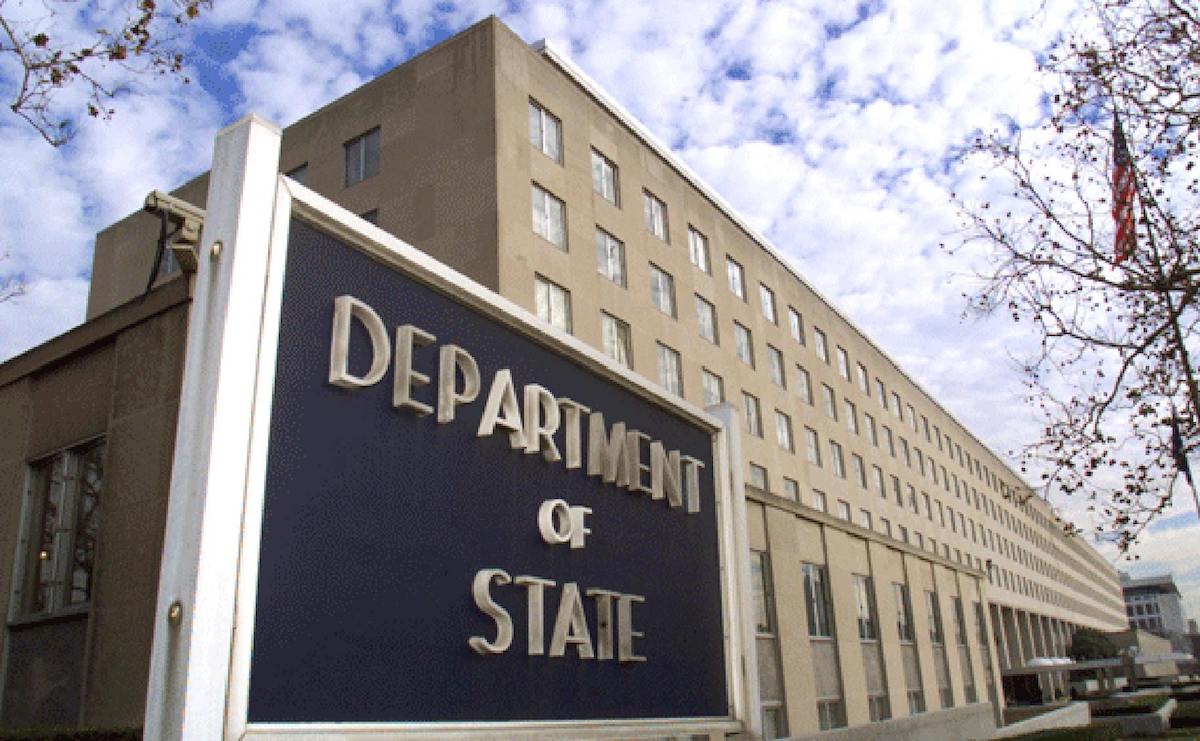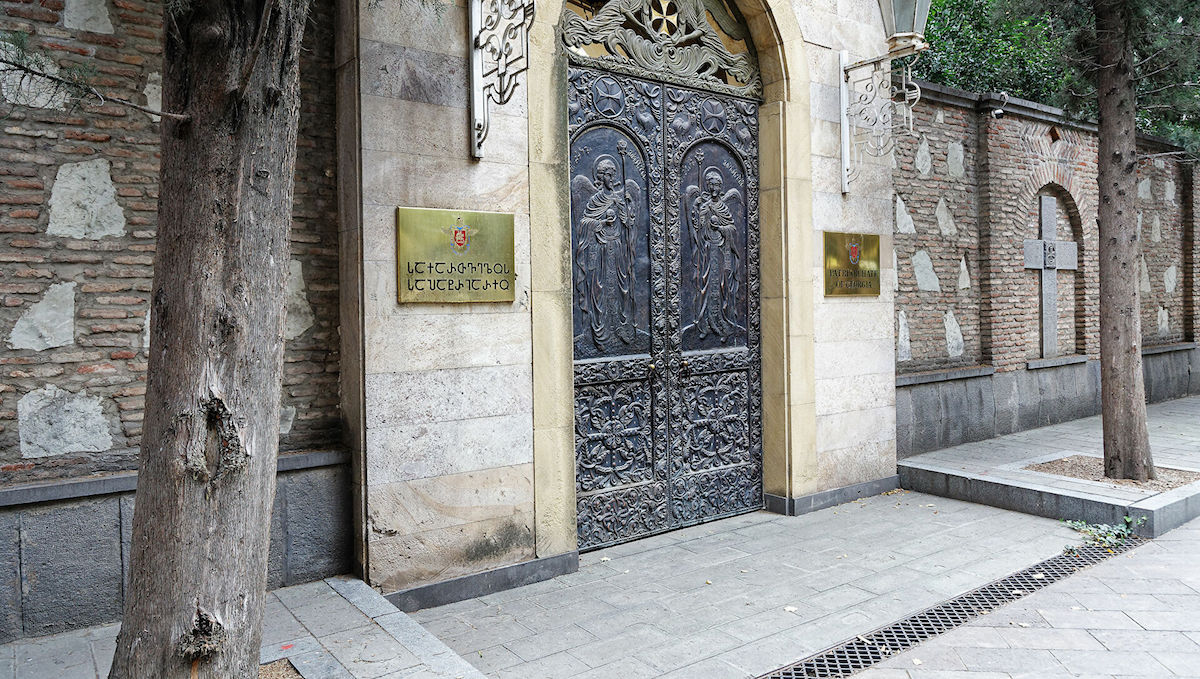Georgia to change rules for covert surveillance and wiretapping
Covert surveillance law in Georgia
The rules of covert surveillance and wiretapping may change in Georgia. The government has already submitted an initiative to the parliament, where discussions have begun on legislative changes that will greatly facilitate the conduct of covert investigative actions by the authorities and increase the duration of covert surveillance.
Under current legislation, the maximum period for carrying out covert investigative actions is 6 months, and with new amendments, the right to covert surveillance and eavesdropping is increased to 9 months.
It should also be noted that, in the case of specific articles, wiretrapping and surveillance may even be extended indefinitely.
The new bill proposes the following amendments:
- The term for undercover investigative actions has been increased to 3 months;
- The rule for notifying a person who is being tapped and/or controlled by the state will be changed. Therefore, a person may never even know that covert investigative actions were carried out against them;
- Undercover investigative actions will be possible for another 27 types of crimes;
- Covert eavesdropping on 100 types of crimes can last a lifetime.
The investigation will obtain permission for covert wiretrapping and surveillance from the judge. According to non-governmental organizations, at a time when the international community [including the US State Department and HRW] constantly speaks about the biased attitude of the Georgian judiciary towards the authorities, this bill “legitimizes total control by the government”.
Also, according to the new law, the list of crimes within which the investigating authorities can carry out surveillance of citizens can be increased to 360, and the procedure can be extended as many times, as necessary throughout the investigation of the following crimes :
- Intentional murder and murder committed under aggravating circumstances;
- Human trafficking, illegal imprisonment, hostage-taking, threats, etc.;
- Use, purchase, possession or sale of property obtained through the legalization of illegal income;
- Crimes committed against public safety and order (hooliganism, acquisition, possession, possession of firearms, sale, possession of edged weapons, etc.).
- Creation or management of an illegal association;
- Illegal production and sale of pornographic products and/or other items;
- Involvement of a minor in the illegal production of a pornographic work or other objects of a pornographic nature – as well as in the distribution, advertising or trade of such materials;
- drug-related crimes;
- Computer crimes;
- crimes committed against the constitutional order and the foundations of security, including the violation of the legal regime of the occupied territories;
- malfeasance;
- Crime against the state system;
- Crimes against peace, security, and international humanitarian law.
“I especially drew attention to the tone of the bill and the wording: the terms can be extended “as many times as you like”. I personally have not before seen such an offensive tone and order of words in the bill”, said Eduard Marikashvili, a lawyer and head of the NGO Georgian Democracy Initiative.
Eleven non-governmental organizations also made a special statement. According to them, the legislation governing covert surveillance is getting worse.
According to the NGO, the draft law makes it possible to conduct surveillance against citizens for life in the event of investigative actions under several articles of the criminal code and not inform them about it. While there is no effective control mechanism provided for by law, the proposed changes significantly worsen the level of protection of a person’s private life.
“Against the background of massive illegal interference in private life, instead of raising human rights standards, the ruling party gives even more legislative leverage to law enforcement agencies. This further increases the risks of arbitrariness and unreasonable interference with privacy. It should also be noted that the draft law does not contain any specific justification and argumentation, which caused the need to make changes – what problems the current legislation has posed to law enforcement agencies in everyday practice?”, the report says.





















